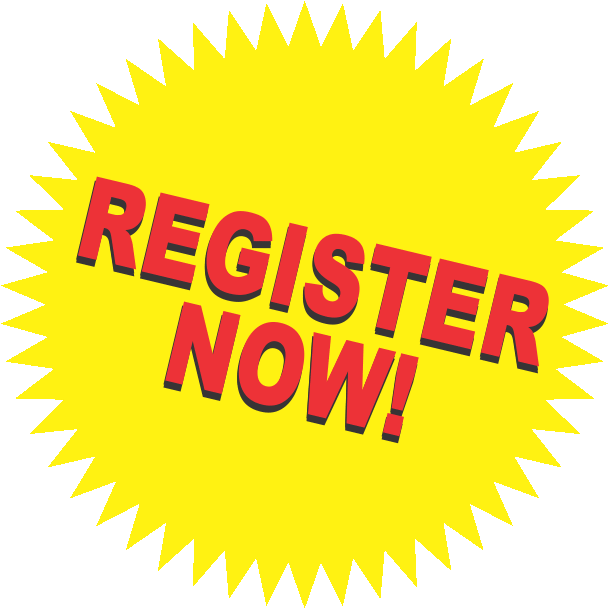CQI
CQI: Certified Quality Inspector
Certification from GQCO is considered a mark of quality excellence in many industries. It helps you advance your career, and boosts your organization’s bottom line through your mastery of quality skills.
Becoming certified as a Quality Inspector confirms your commitment to quality and the positive impact it will have on your organization.
The Certified Quality Inspector is an inspector who, in support and under the direction of quality engineers,
supervisors, or technicians, can use the proven techniques included in the Body of Knowledge. Under professional direction, the quality inspector evaluates hardware documentation, performs laboratory procedures, inspects products, measures process performance, records data, and prepares formal reports.
Examination
Each certification candidate is required to pass a written examination that consists of multiple choice questions that measure comprehension of the Body of Knowledge. The Quality Inspector examination is a four-hour, 100-question exam. It is offered in English.
 Minimum Expectations for a CQI
Minimum Expectations for a CQI
- Must know basic quality terms, definitions, and concepts.
- Must know basic statistical terms and techniques, how to plot data, and how to recognize out-of-control conditions.
- Must know the definition of PDCA and understand the team concept.
- Must understand types of measurement, measurement terminology, and the different types of measurement scales.
- Must know the difference between accuracy and precision and be able to select the appropriate measuring tools and techniques.
- Must know how to measure using surface plate layouts.
- Must be able to identify/ recognize inspection errors and initiate resolution.
- Must have basic calibration knowledge.
- Must be able to read and interpret blueprints and know definitions of critical, major, and minor
characteristics. - Must have a general knowledge of ASME Y14.5M, working knowledge of GD&T, and must understand the x, y, z coordinate system.
- Must be able to use inspection planning tools and perform a product audit; determine sample size for lots; pull random samples.
- Must have knowledge of testing methods.
- Must be able to identify and report nonconforming material.
- Must understand traceability (product, material, and calibration).
- Must have a strong knowledge of basic mathematical operations and perform measurement conversions; be able to solve for x; add and subtract degrees, minutes, and seconds.
Education and/or Experience
To apply for certification as a Quality Inspector, you must have:
- Hold a Associate’s degree in Engineering, Science, Technology or its equivalent.
- Demonstrate a satisfactory level of English, and
- Proficient in use of the internet, email and Microsoft Office




